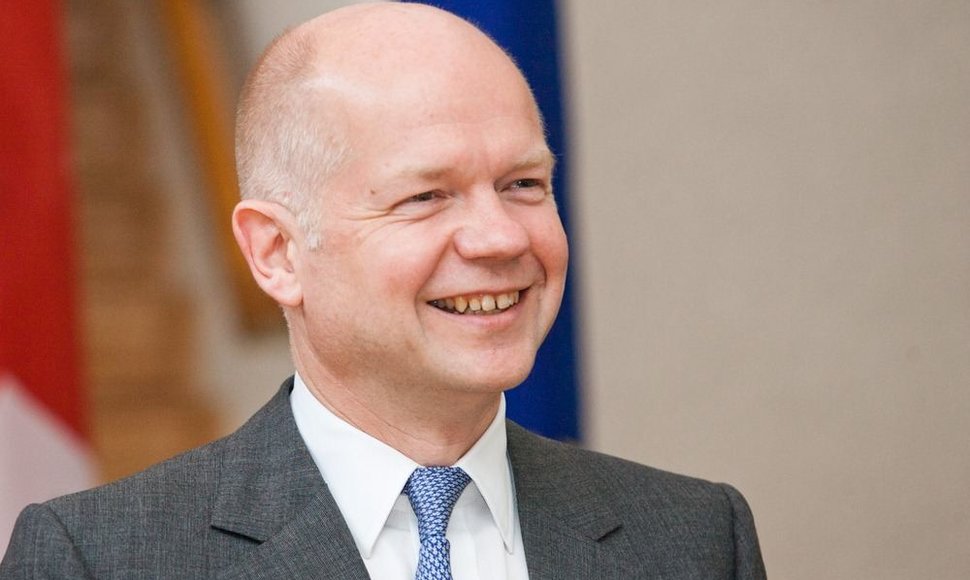"Lithuania is a growth leader in the European Union, a model of fiscal discipline and example in many ways to some other European Union member states," the foreign secretary said following a meeting with Lithuanian Minister of Foreign Affairs Audronius Ažubalis.
Hague has also said London is very enthusiastic about closer cooperation with the Nordic and Baltic countries reflected in recent meetings of the countries' prime ministers. But, he added, such cooperation in the group is no substitute for cooperation within the EU and NATO.
"This cooperation - in which the prime minister and all of us in the British government are very enthusiastic about - is not intended to replace in any way any of the existing frameworks of cooperation. And of course for defence that network is NATO, for so many of our purposes it is the European Union, so it is not meant to compete with those institutions," the British foreign secretary said.
In his words, the British-Baltic-Nordic format is meant to make it easier to share ideas among countries that have a lot in common when it comes "to openness, to innovation, to an ability to compete in the world economy."
Meanwhile Lithuania's Minister of Foreign Affairs Audronius Ažubalis said at a joint press conference that "regionalization in the EU has nothing to do with some decentralized powers."
"Strong regions in the EU make the EU stronger if they are built on real and strong foundations of financial caution," the minister.
Ažubalis also proposed in a statement later issued by the Ministry of Foreign Affairs to make better use of the opening opportunities for the cooperation of the so-called Nordic Bowl that includes the Nordic-Baltic countries and the United Kingdom.
“The Nordic Bowl stands out as a unique area, which is characterized not only by good economic dynamics, but also by its wide-ranging expertise. Intensive security cooperation between the Nordic-Baltic countries and the United Kingdom in the European Union, active sharing of internal policy expertise will help us successfully overcome the current downturn and lay deeper foundation for prosperity and security of the region,” Ažubalis said.
He also suggested that the Nordic Bowl, consisting of the United Kingdom and eight Nordic and Baltic countries (Nordic Baltic Eight, NB8), should further cooperate not only at the level of heads of state or government, but also at the ministerial level, and discuss and exchange best practices in various fields.












